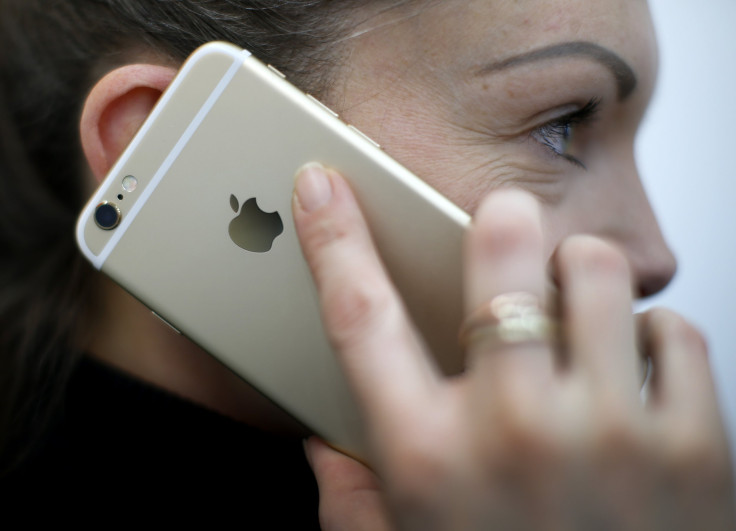Apple iPhone 7 specs update: Device may house bigger battery than iPhone 6s

Apple has long been rumoured to unveil its next generation of iPhones -- the iPhone 7 and iPhone 7 Pro (Plus) --- at its annual fall event in September 2016. Latest reports from China hints that the iPhone 7 will house bigger battery unit as compared to the current iPhone 6s and iPhone 6s Plus.
A recent post by Chinese site Weibo (via 9to5Mac) hints that the upcoming iPhone 7 series will sport bigger battery units than its predecessors. According to the Weibo post, the iPhone 7 and iPhone 7 Pro would house 1735mAh and 2810mAh battery units respectively.
The current iPhone 6s features a 1715mAh battery, whereas the larger iPhone 6s Plus come packed with a 2750mAh battery.
To make the iPhone 7 thinner than any other previous iPhones, Apple will apparently incorporate a major chassis design change this year. The new iPhone 7 will reportedly come with a thinner body with redesigned antennas.
The Cupertino-based tech conglomerate is also rumoured to let go if its 3.5mm headphone jack and include a Lightning port to make the device slimmer.
For the new generation, Apple is speculated to continue with the 4.7-inch and 5.5-inch screen sizes as introduced with the iPhone 6 and iPhone 6 Plus.
According to MacRumors, the upcoming Apple iPhone 7 series will be powered by the latest A10 processor. The tech giant is also believed to equip the larger iPhone 7 Pro with a dual rear-facing camera module.
To revive its dwindling iPhone sales, this year, Apple has strategically released its much affordable 4-inch iPhone SE.
Related: Apple iPhone SE: Overwhelming demand exceeds supply
The diminishing sales of Apple iPhones in the second quarter of 2016 have resulted in a decline in revenue by 13 percent as compared to the previous year. The higher price tag of the iPhone 6s has been one of the primary reasons behind the drop in iPhone sales, admitted Apple CEO Tim Cook, as reported by Reuters.






